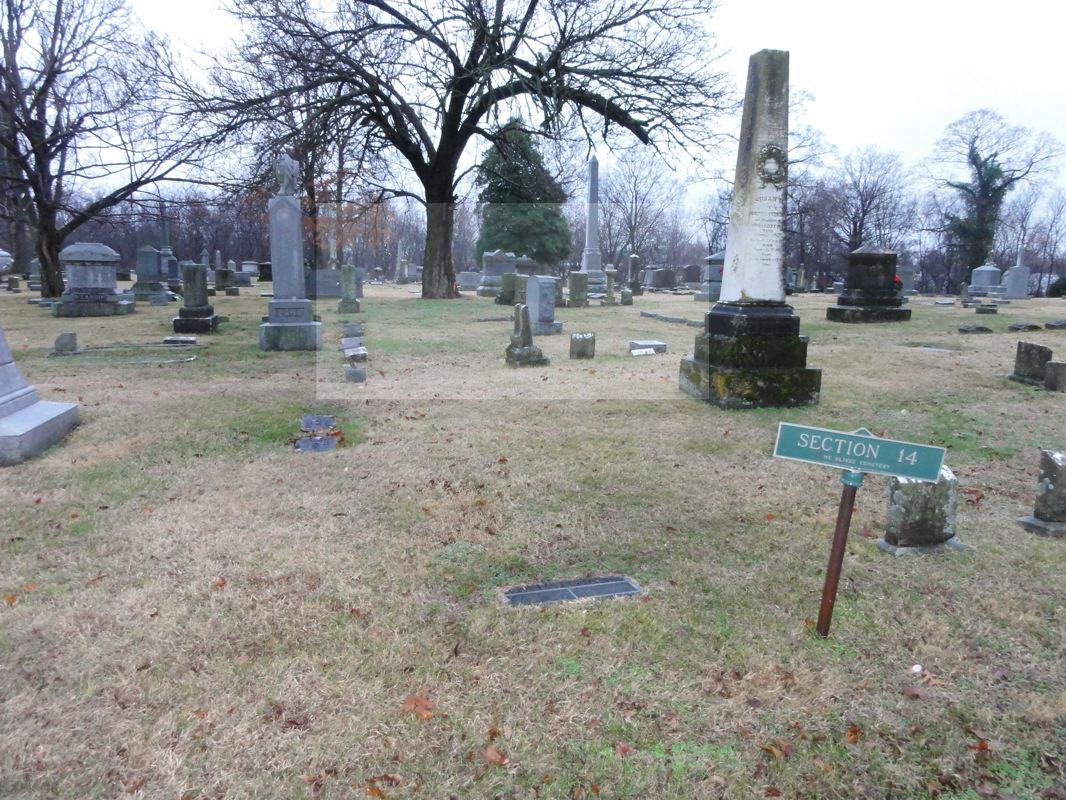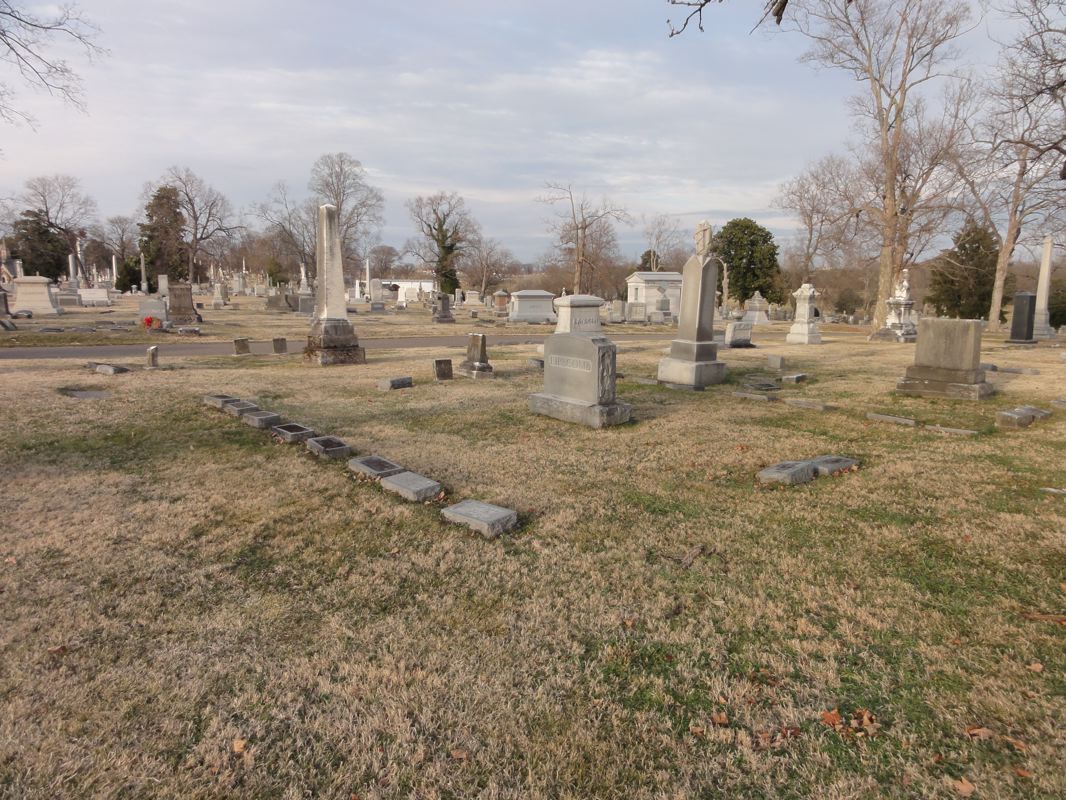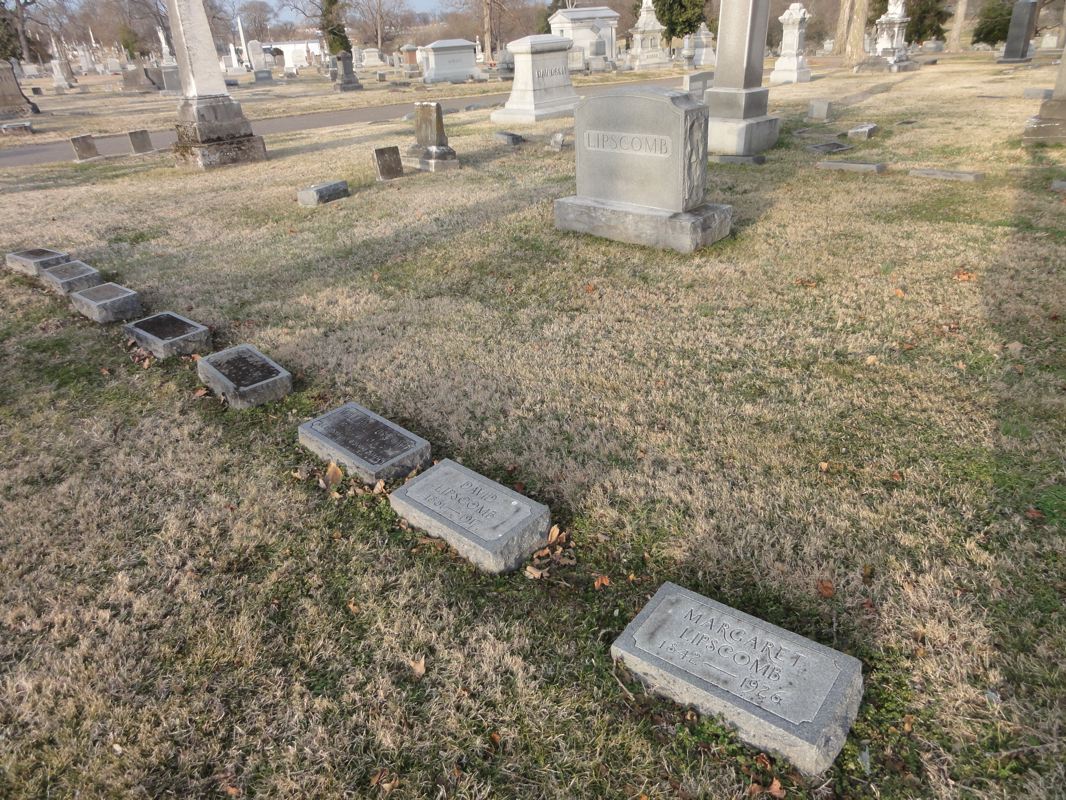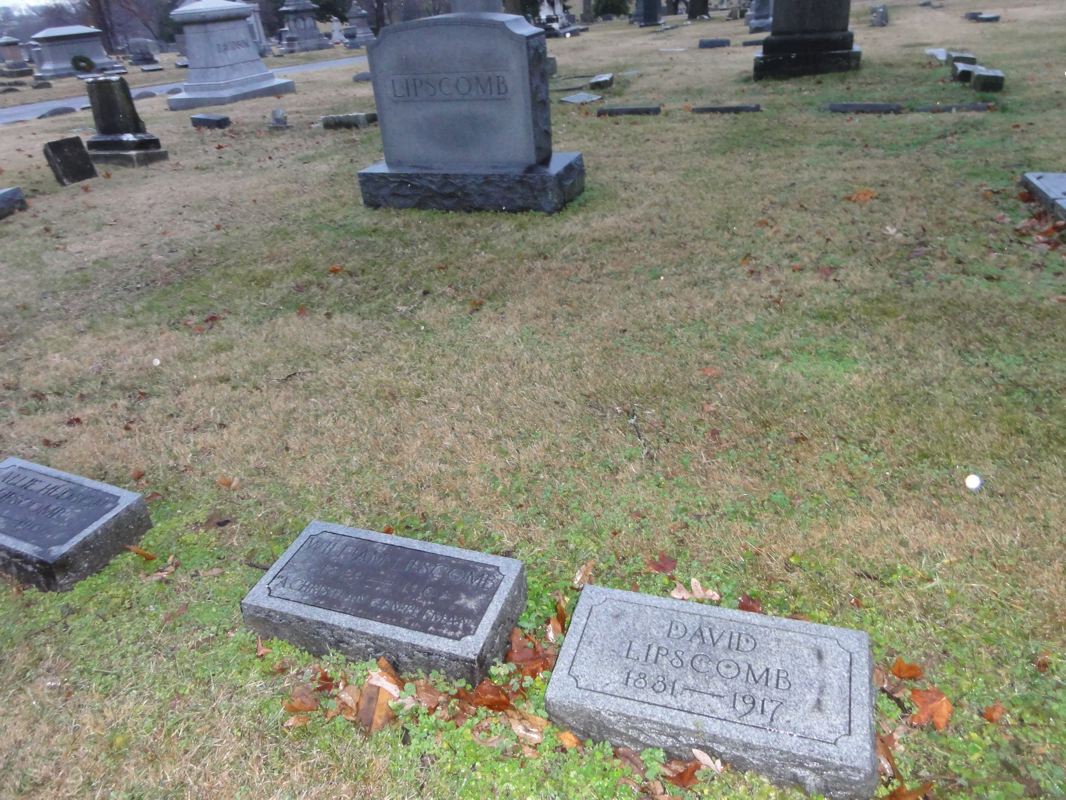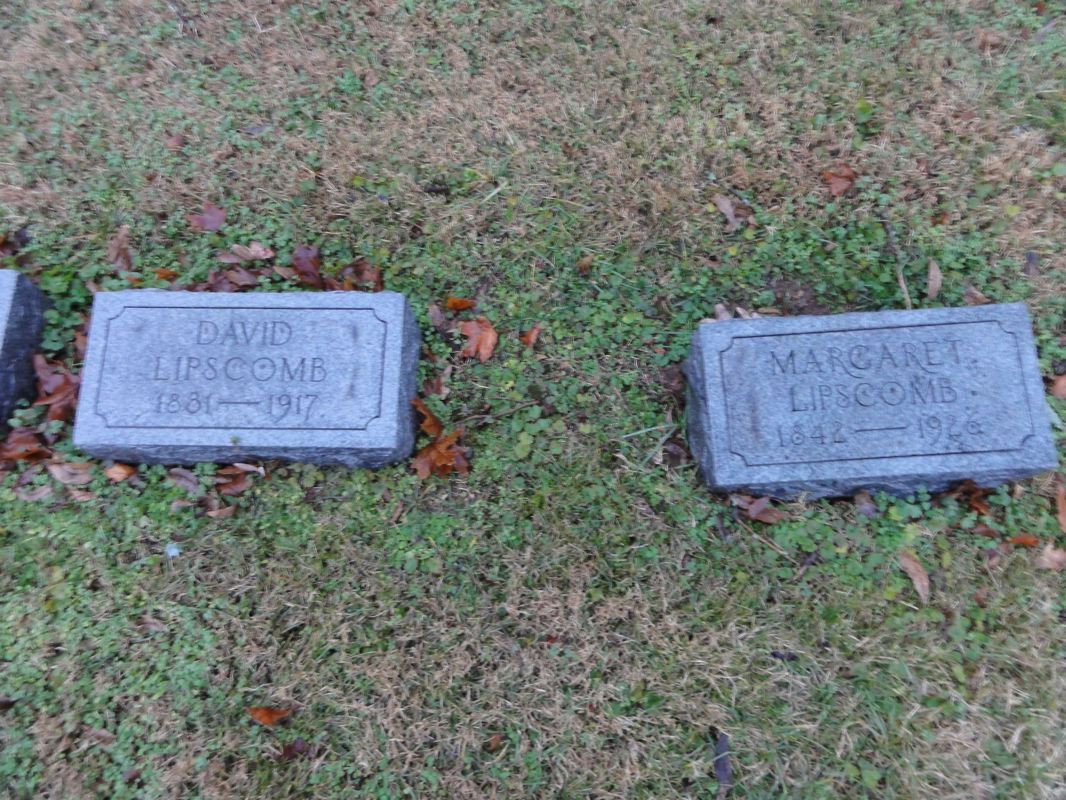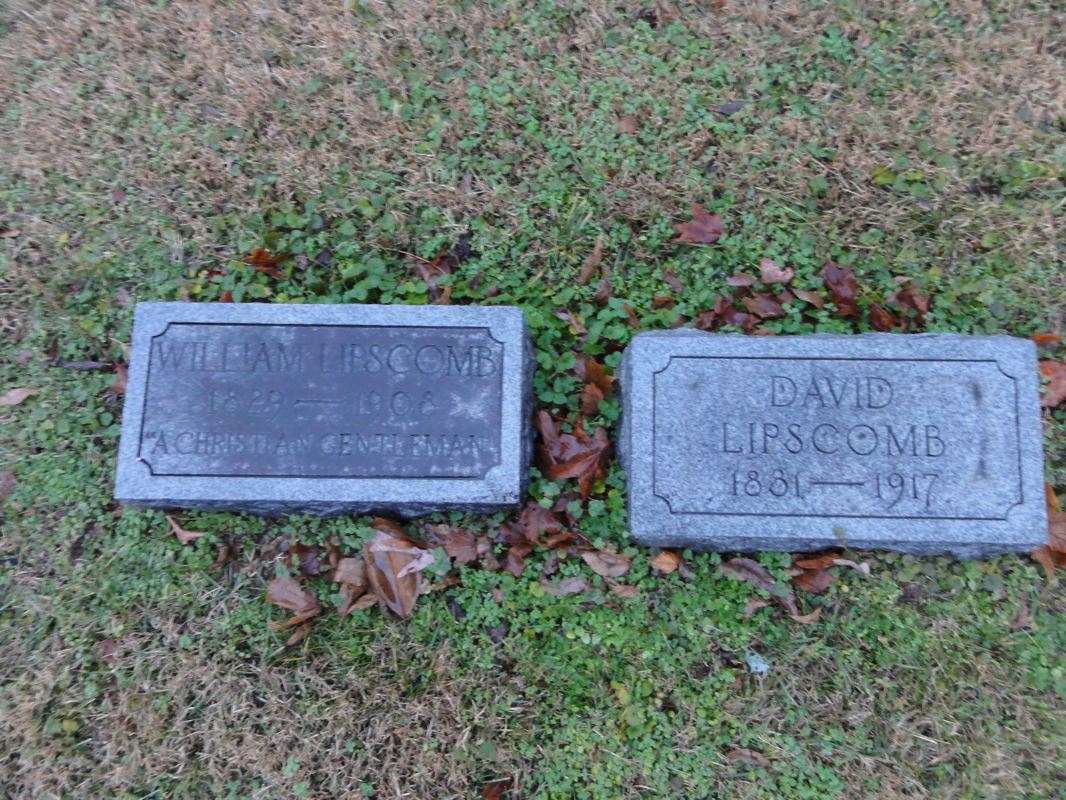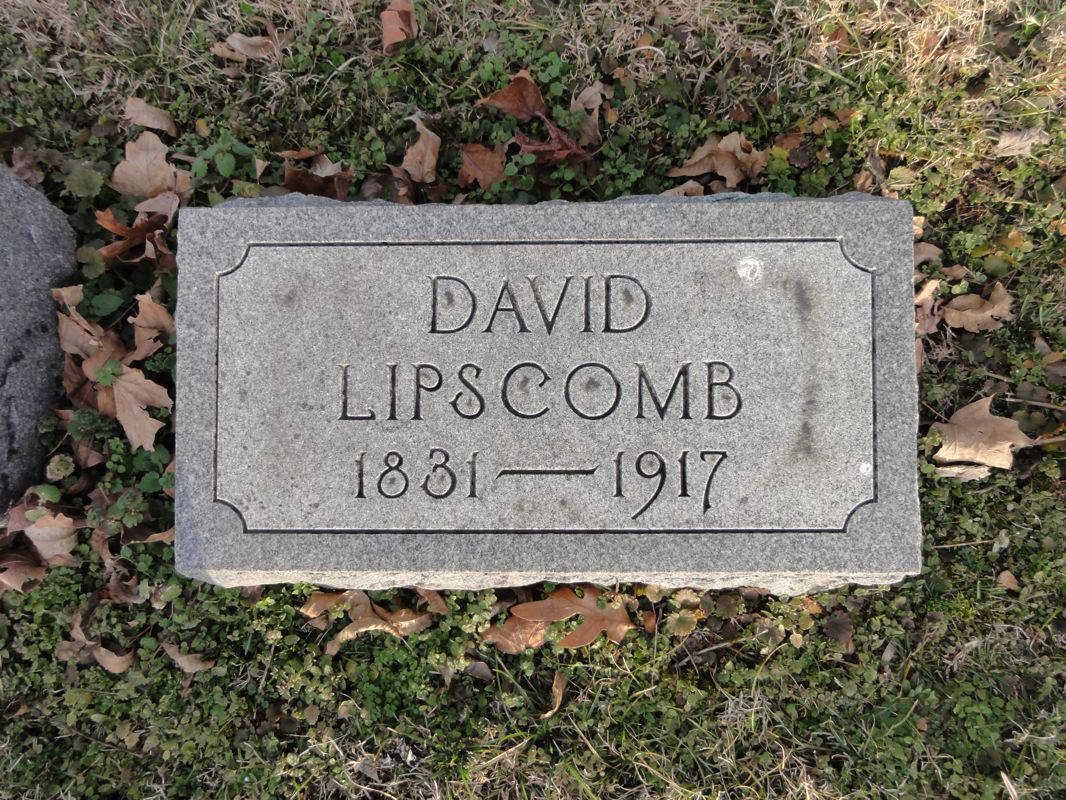William Lipscomb
1829-1908

Biographical Sketch On The Life And Influences Of William Lipscomb
William Lipscomb was born on July 20, 1829, in Franklin County, Tenn.; was baptized into Christ in the year 1846; graduated in Franklin College on July 4, 1848; and began teaching as professor of languages in Franklin College in the fall of the same year, and continued teaching in the same school until it was closed out by the Civil War.
As a young man, he was modest, unassuming, and never inclined to thrust himself anywhere or upon any one unless he had full assurance that he was fully welcome and even desired to do so. He possessed a strong and inquisitive mind. He early became fond of his books, learned readily, and, being endowed with a very retentive memory, retained what he learned remarkably well. He, therefore, soon became exceedingly familiar with the text-books that were used in his department. In September, 1858, it was my privilege to enter Franklin College as a student, after having spent two years and a half in Burritt College, where excellent teachers were employed; but I am sure I never recited to any man that was better up on the branches of study and the text-books used than was he. While he was not as enthusiastic as some teachers, his patience and perseverance more than made up for any lack in the matter of enthusiasm. I never expect to forget his kindness and attention to me during the year I was under his care as teacher in Franklin College. He enjoyed the general good will and respect of the pupils of the school, and all who knew him had confidence in his Christian character and moral integrity. He exerted a very fine moral influence over all with whom he came in contact. He and Brother T. Fanning, as president, were a mighty power for good in that school. The daily reading of the word of God, the prayers, and the moral lectures regularly carried on in the school shed a halo of light and knowledge and devotion never to be forgotten by those that enjoyed it.
The influence of such a man is only begun when his personal labors are ended. It cannot be bounded by the circle who personally knew him or by the generation in which he lived. Hundreds who felt his influence in the school and who were elevated and deeply impressed thereby went out into the wide world of action, perhaps never to see him again in life; but they carried with them the impress of his earnest life and influence, and imparted it to others, and these to others still. Thus the influence of such a man goes on, widening and deepening, like the river in its increased dimensions as it flows on toward the mighty ocean. Thus while he aided the young in storing their minds with such knowledge as should greatly benefit them in the practical pursuits and professions of life, he was at the same time impressing them with the beauty and loveliness of a moral and upright life and the advantages of a manly, courageous, and unstained character.
Few, indeed, if any, ever left that school as enemies to Brother Lipscomb. He was not the sort of man that made enemies. He was never hasty in temper, was never in the habit of abusing the young by aggressive and angry words and speeches; yet he was always firm and positive against evil in every shape and form. He encouraged young men to look up, to strive to be something, and to do something noble in life. The daily example and influence of such a man in a school is a continued influence for good upon all connected with it, and is a wonderful aid and encouragement to his pupils to strive to follow his example in things dignified and useful.
Considered simply as a gentleman and as a model teacher, his example was well worthy of imitation; but it must not be forgotten that it was yielding his own heart and life to the Christian religion, to the wonderful plan of redemption provided through our Lord and Savior Jesus Christ and revealed to us by the Holy Spirit as recorded in the New Testament, that made him the grand man that he was and is. It will make any man a gentleman, will make him pure and holy, that will yield his heart and life day by day to the pure and holy teaching of the Son of Mary, the Son of God, who spoke and taught as none had ever taught before him.
Nor did his life work as a teacher end with Franklin College. He has done many years of successful teaching since then. Murfreesboro, Williamson County, and some other places have felt the weight of his talent and influence in that line of work. The manner of teaching, text-books, and the manner and matter of government and discipline in schools have undergone changes and made some substantial improvements since his collegiate work began and ended; but that fact detracts nothing from the grand work he did with inferior advantages.
While teaching has been the principal work of his life, it has not been the only work in which he has excelled. He has done much reading, and has kept well up on the leading events in the histories of men and nations during the eventful age in which he has lived. While he has never been an active politician, he has kept well up with the general doings of political men and countries. With his excellent memory to hold what he read, he knew much more of what political men were doing than very many of the politicians themselves. Yet he never allowed these things to interfere with his chosen work as teacher, nor did he ever spend his time arguing or discussing the merits of politics or of political men; but he generally knew accurately what and how the political world and political men were doing.
But there is another field of labor in which his life work has been very conspicuous and wonderfully useful and which has been at the very foundation of his usefulness in his life work as teacher, and that is his life work and devotion in the church of God and of Christ. For a little more than fifty-eight years he has been battling along this line. He came into the church to stay and to work. He had already been a member a little more than twelve years when the writer of this sketch entered Franklin College as a student and began recitations to him and began learning valuable lessons from him in the great work of the church. He was a little my senior in years, and was a little more than three years older as a member of the church. He was prominent in the prayer meetings and all the public services of the church, and led the daily services in the chapel when the president was absent. He made no pretensions of being a preacher then, but was a good teacher on the practical life which the Lord requires a Christian should lead. While he did not pretend to preach sermons, his talks were always instructive, containing good scriptural advice. These earnest, scriptural, and practical talks made deep and lasting impressions upon all who were in any condition to be impressed by the devotional principles of Christianity. Since the writer's acquaintance began with him, he has never been very aggressive against error in his public teaching. He has striven all along to avoid all errors and innovations upon the word of God in his own life, and has succeeded admirably in standing aloof from them. But he has never spent much of his time in public contention against the many errors that have all along been attracting the attention of the religious world all through his public life. He evidently thought he could do more good by striving to build up the practical, devotional side of Christianity. In this he has certainly made a grand success.
About the middle of the year 1855 T. Fanning and W. Lipscomb began the publication of the Gospel Advocate as a monthly, and continued it until the Civil War opened up to such an extent as to break up all mail facilities, when they were compelled to suspend. His writing in that paper was of a conservative, practical, and devotional character, seldom taking active part in the controversies that came up during the continuation of that paper. But he never forgot to urge and impress his lifelong theme of practical religion. It would, indeed, be hard to express in adequate terms the good he did through that paper during its publication along this line. There are, doubtless, good brethren still living who remember with great pleasure the many earnest, practical lessons they read from his pen on this, his chosen theme of Christian duty. The mourner's-bench or prayer system of getting religion and the theory of hereditary total depravity and abstract-spiritual-influence in conversion were rife in almost the whole denominational world during the whole of his editorial life and still on to the present time; but he gave them but a passing notice, and went on with his practical theme. Of course he studied and thought on these matters, but did not write very much on them in those days, as my memory serves me. In the later years of his life he has talked and written more on what he styles "individual responsibility" than anything else. This, too, is a very important phase of the work of Christianity, and one that has probably never been appreciated to the extent of its importance. On this theme he seeks to impress especially the idea that every child of God is especially called upon to do something in the Lord's vineyard, and not wait for or expect others to do all. This matter certainly needs to he pressed much upon the children of God. If all could appreciate this and would discharge their duties faithfully along this line, it would make up the great sum of Christian work in the church of God. He sees so much neglect in this matter, sees so many that are just floating along at their ease and doing so little, that in trying to so impress this idea as to get others to appreciate it he possibly overlooks some other matters that are just as plainly revealed and are as really a part of individual work. But it is difficult for any one to thoroughly emphasize any one part of Christian obligation without seeming to interfere with some other feature of Christian responsibility. This theme is of such vast importance among Christians, as he sees it, that it would be hard to overdo it. We are perfectly satisfied that in urging this matter as he does he is aiming to do that which is for the very best for the cause of truth and the work of the church. In fact, one of the grand excellencies of our brother is that he is striving to do all the good he can while in mortal flesh; and if we were called upon to give an estimate of the amount of good he has done during the long period he has been laboring in the vineyard, we would not know how to express it. That as an individual we have been benefitted by his work, there is not a particle of doubt; that many others have also, we are equally certain. We should all be exceedingly thankful for such a life and that we have been the beneficiaries of it. We should thank God and take courage in the light of such an example and that we have been permitted to enjoy it.
One of the excellent qualities that has been largely manifested in the life of our brother lies in the fact that he has never been a man to meddle in other people's matters. He has raised no troubles with neighbors, has been a man of peace and quietude in all communities in which he has lived, and has always advised moderation when others were about to get up trouble. There is no estimating the value of such a man in a community. A man that is meddlesome in a community can always keep up a disturbance among his neighbors, while a man of meek and unobtrusive disposition is always an aid to peace and quiet wherever his lot may be cast. All men appreciate peace and quietude, and all men who promote it by their whole course of life should be highly .appreciated. Any community is fortunate to have such a man live in it. He certainly, in large measure, fulfills a very positive injunction of the apostle James when he says: "Let every man be swift to hear, slow to speak, slow to wrath."
Seldom do we see a more evenly balanced or a smoother-tempered man in his daily walk and associations among those with whom his lot has been cast. Such a man deserves the highest esteem of his fellow-men and the tenderest regard of the children of God on earth, and is held in high esteem by Him who searches the heart and tries the reins. A man who thus lives has at all times the comforting assurance of that beautiful passage which says, "The eyes of the Lord are upon the righteous, and his ears are open unto their cry," as well as the constant assurance and encouragement of the home of light and glory that is promised to the faithful beyond the dark river.
—E.G. Sewell, Franklin College And Its Influences, ed. James E. Scobey, Chapter VI, pages 181-188
William Lipscomb was born on July 20, 1829 in Franklin County, Tennessee. He was baptized into Christ in 1846. He graduated from Franklin College on July 4, 1848, and began teaching in that same college as professor of languages in the fall of that same year. It was his life-long work. He started the Gospel Advocate publication with Tolbert Fanning in 1855 and continued with it until the war caused it to be discontinued. Older brother to David Lipscomb by seventeen months, he was a scholar, writer, preacher, and worked diligently in the preaching of the gospel of Jesus Christ. Buried next to his brother in Section 14 - Lot #19. Also buried in the plot is J.W. Shepherd, long-time friend of the Lipscombs, and gospel preacher.
![]()
Directions To Lipscomb's Grave: The William Lipscomb family plot is located in one of Nashville, Tennessee's oldest and most famous cemeteries, Mount Olivet. Many famous and wealthy Tennesseans such as, Thomas G. Ryman and others are buried there. To those in Churches of Christ, what makes this cemetery so famous are the numerous men and women of the Restoration Movement who are interred there. Lipscomb is buried in Section 14.
See a map of Mount Olivet and directions on how to get there. Click Here!
GPS
Coordinates
36°08'49.0"N 86°44'03.4"W
or D.d. 36.146936,-86.734278
![]()
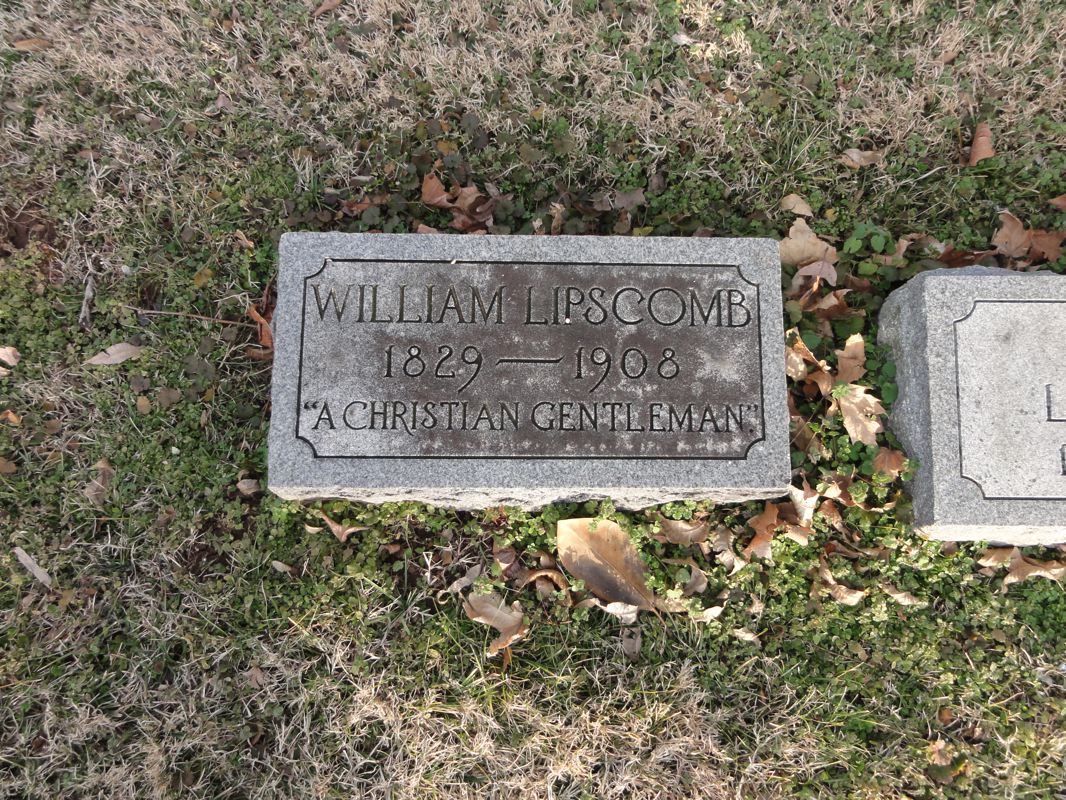
William Lipscomb
1829-1908
"A Christian Gentleman"
![]()
William Lipscomb's Early Home Life And Parents
![]()
